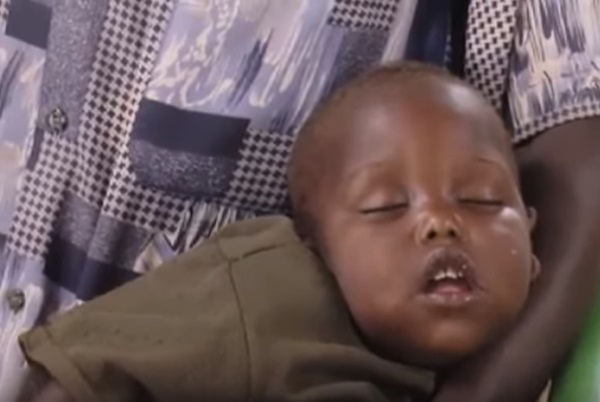The first case of cholera in Kyangwali Settlement was reported on 15th February after about 5 children were brought to the health facility with acute watery diarrhea. According to reports, an unidentified old man had died soon after he had arrived on the shores of Lake Albert from the Democratic Republic of Congo. “When he got up with this diarrhea immediately when they had rushed to offer some kind of first aid, he died off. That was the first case to be noticed. Then at Mali touch where we are settling them normally from the reception center, we deliver them to Malatatu that’s where we are giving locating them and giving them plots then also some cases also came up.” Said, Jolly Kebirungi – Camp Commandant, Kyangwali.
The cause of the outbreak could not immediately be ascertained. the authorities confirmed the cholera outbreak 4 days later. “The doctors who were handling such cases made an alarm of what had come up and we were able to spread the gospel to the District Health Officer and we were advised to take up some tests to get a confirmation and it was from that after 3-4 days after information had come back that it is true cholera outbreak.” Cholera treatment centers have been set up at Kasonga and Wenyawawa where the sick have been confined to prevent the spread of the contagious disease. “It started on 12th but so far we have seen there was a peak by 15th February and still we are receiving more patients from Malatatu Settlement and also from the reception center.” Said, Ahmed Mahat – Team Leader, MSF.
Despite such interventions, cholera spread very fast among the asylum seekers at Kagoma Reception Center and Malatatu Settlement Camp. At Malatatu Camp, 20,000 refugees had settled there and the officials confirmed that most cholera cases were reported in this camp. Medical workers blamed the outbreak on inadequate water sources in the new settlement. “Currently the water a liter per person is really inadequate, we have around only 6 liters per person at the reception center.” Majority of the new arrivals were mainly women, children and old women from the Patigeru and Heema tribes of Eastern Congo. They were victims of intense ethnic violence in the Eastern part of the Democratic Republic of Congo. “Has been a tribal clash that has been escalated by fighting over land and fishing grounds between the Lendu, the Heema and the Patigeru and the Fuhalus who have also come in.” other than cholera, the refugees also reported cases of acute respiratory diseases and injuries sustained as they escaped the violence.

